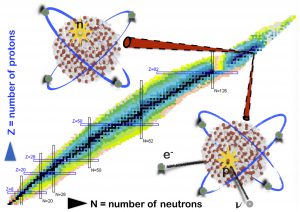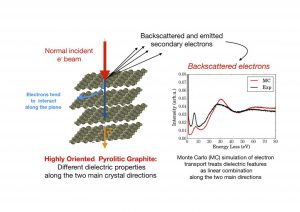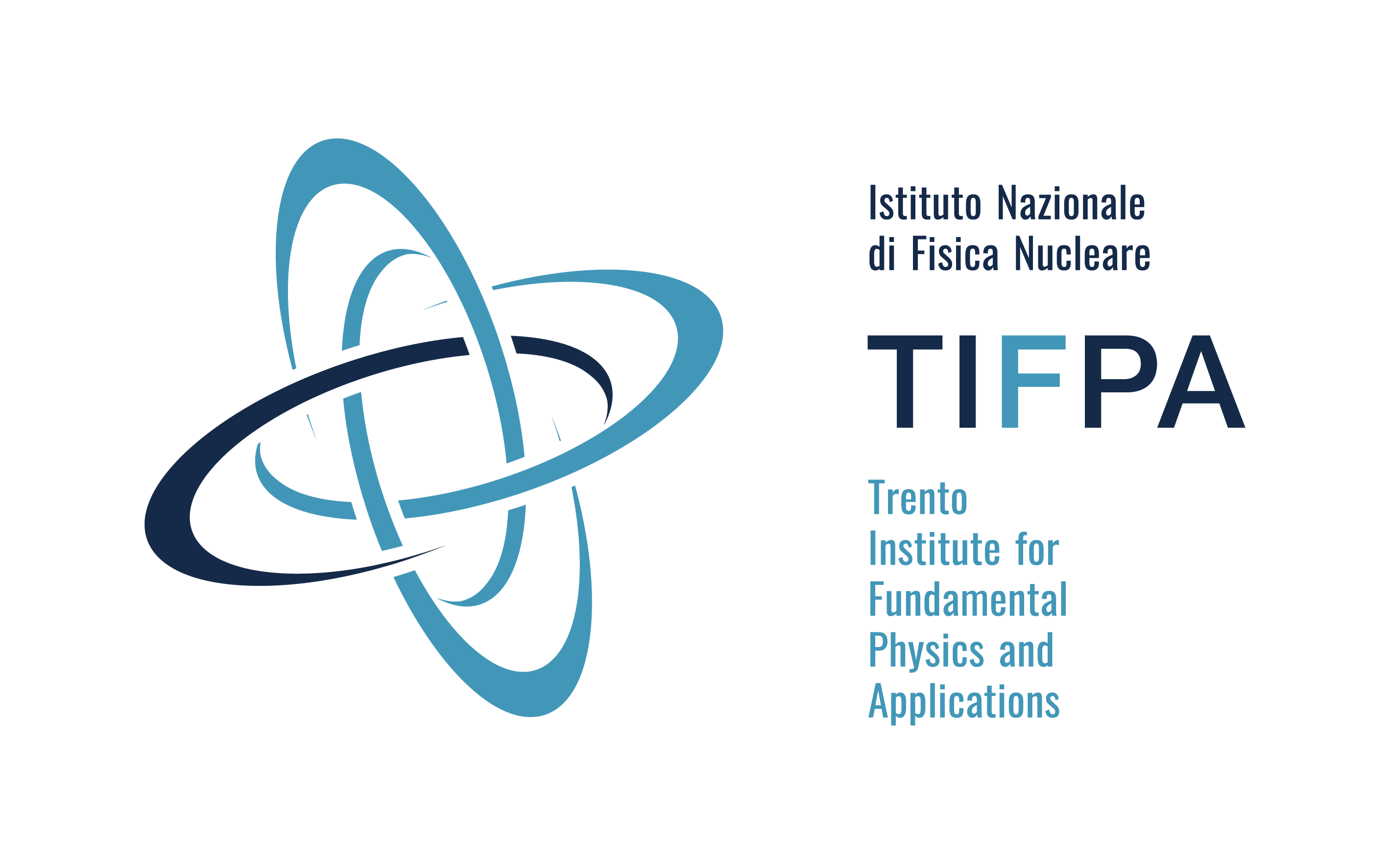The Interdisciplinary Laboratory for Computational Science (LISC) is a research center established in 2010, as a joint venture of the FBK Institute and of the University of Trento, Italy. The mission of the Laboratory is to investigate a wide range complex physical systems, by combining different approaches and backgrounds in theoretical and computational physics. In particular, we address fundamental problems in material sciences, soft-condensed matter, nuclear physics, and hadron physics,with the perspective of further extending the research towards other topics and disciplines. The LISC sets a high priority on ensuring that its computational advances are speedily exploited in technological applications. It places a major emphasis on computational techniques and software development as an integral part of its activity. The wide spectrum scientific research carried out at LISC is an asset in the general context of TIFPA. The topics covered partly overlap with the traditional core activities of INFN, and in part complement them in directions of extensions to materials science, biophysics, and technological developments.
Research Activities
Computational materials science
Understanding the fundamental properties of materials using multiscale computational modeling.
Charge transport in condensed matter systems
Simulation of the electrons produced by protons, along their path in materials of relevance for hadron-therapy, and calculation with a Monte Carlo code of the entire cascade of generated secondary electrons.
Electron spectroscopy
Theoretical and computational study of the interaction of electromagnetic fields with matter.
Virial coefficients
Accurate ab-initio calculations of the virial coefficients of quantum gases.
Nuclear decay rates from electron capture
A novel relativistic approach for calculating beta-decay rates of heavy nuclei in ordinary and extreme conditions.
Nuclear physics and astrophysics
Ab-initio methods (few-body techniques and Quantum Monte Carlo) are employed and developed to study nuclear structure and reactions, making use of the most modern theories for the nuclear force, with applications to the determination of the structure of compact stars.
Artificial Intelligence for Quantum Systems
Development of computational techniques borrowed from the Machine Learning community to represent the quantum state of interacting particles.
Biomolecular systems
A mathematical formalism from theoretical physics is applied to study the dynamics of proteins.
TEAM
• Co-Directors: Maurizio Dapor (TIFPA-INFN and FBK), Francesco Pederiva (TIFPA-INFN and University of Trento)
• Researchers: Martina Azzolini (FBK), Giovanni Garberoglio (TIFPA-INFN and FBK), Tommaso Morresi (FBK), Andrea Pedrielli (FBK), Simone Taioli (TIFPA-INFN and FBK)
Images

Computational investigation of beta-decay and electron capture of nuclei in ordinary and extreme conditions by a novel relativistic approach

Simulation of charge transport in solids and layered materials by Monte Carlo and ab-initio techniques



